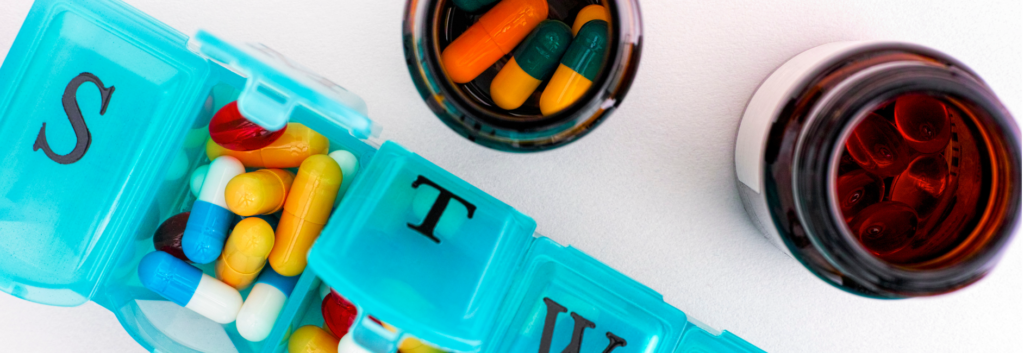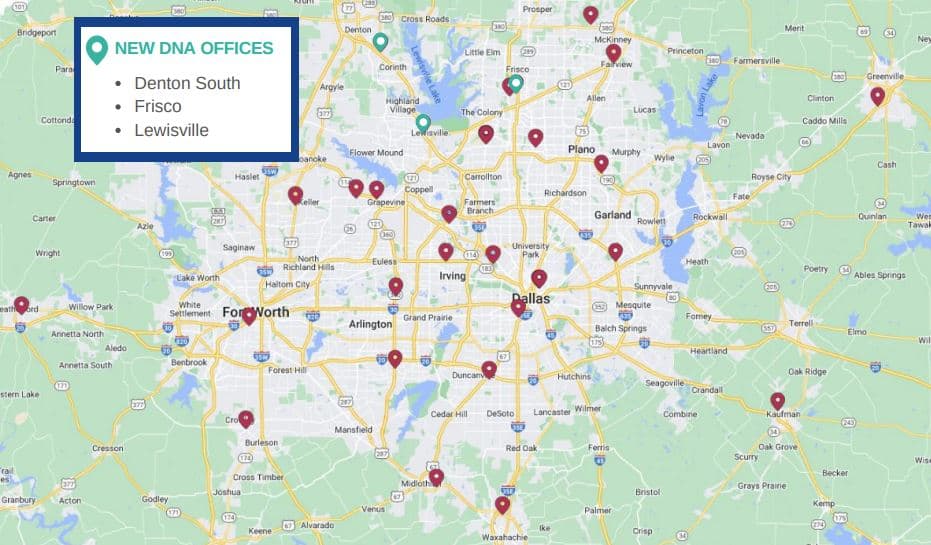Spring is the time of plans and projects. – Leo Tolstoy
What is new?
You’ve been diagnosed with chronic kidney disease or CKD, and are now looking for answers. Fortunately, we are living in a time when we have some treatment options available.
Although there is no miracle cure for CKD, we have great news for our patients. For the first time in 20 years, we have new and effective medications that help slow the progression of kidney disease. And many more are currently being investigated. We want you to live longer, stay healthy and avoid dialysis.
In general, treatment goals include improving kidney function if possible, followed by slowing disease progression, or finally stabilizing your kidney function. Your doctor will also look for and manage any complications related to your CKD.
While nothing reverses CKD, treatments are available. Let’s review lifestyle changes, controlling diabetes and hypertension, and then medications.

Lifestyle Changes
Lifestyle changes may need to be made. If you smoke, quit. Limit the amount of alcohol you drink. Get enough sleep. Turn off your electronics at least 1 hour before bedtime. Make exercise or movement a daily habit. There are some habits that can be difficult to change, however, if you are willing to try and need help, ask your doctor for advice.
Diabetes & Hypertension
Manage your diabetes and high blood pressure well.
Diabetes. If you have diabetes, control your blood sugar with diet, exercise, and medications. You must check and record your glucose levels in order to know if your medication is working. Then review your record with your doctor. Also, keep track of your A1c and look for trends. The A1c goal is approximately 7%.
High Blood Pressure. If you have high blood pressure (BP), monitor, and control your blood pressure. Know your goal. Most people have a BP goal of around 130/80. Measure and follow your BP because high blood pressure is tricky. You may not have symptoms even when your BP is really high. Review your number with the doctor at your visit.
Medications
Medications that can help stabilize your kidney function come in a variety of types and include ACE inhibitors, Angiotensin Receptor Blockers (ARBs), Sodium-Glucose Transport Inhibitors (SGLT2i) (These medications have the ending -flozin, such as Dapaflozin), Non-Steroidal Mineralocorticoid Receptor Antagonists (MRAs), such as Finerenone, as well as Sodium Bicarbonate Supplements.
Only some of these medications are right for some patients. As with all medications, there are side effects associated with each. Ask your doctor if you are on any of these medications or are a candidate for one or the other.
Take your medications properly. There are many medications used to treat both the cause of CKD and the complications of CKD. If you cannot afford your medications or if you should have side effects talk to your healthcare team about possible alternatives.
More About Medications
Avoid medications that are toxic to the kidneys. This includes over-the-counter medications such as vitamins, herbal supplements, or pain relievers called NSAIDs such as Ibuprofen (Advil, Motrin), Ketorolac (Toradol), Naproxen (Aleve), Diclofenac (Voltaren), Indomethacin (Indocin), Meloxicam, among others. When in doubt, ask your kidney doctor to ensure it’s safe to take.

Take Care of Your Mental Health
Receiving the diagnosis of a chronic illness can be life-altering. Uncertainty is overwhelming. You will go through a normal grieving process. It’s only when you get stuck that the normal grieving process moves to another stage like anxiety and depression.
Anxiety and depression can affect our bodies in many ways:
- Increase inflammation
- Affect the heart or cardiovascular system
- Affect your hormones causing metabolic changes
- Decrease your immune system
Altogether, these changes can make your kidney disease worse and can affect other organs as well. If you are stuck, tell your doctor. Anxiety and depression can be treated.
Now Seeing Kidney Patients at Over 30 DFW Locations
 View a complete listing of all DNA locations.
View a complete listing of all DNA locations.